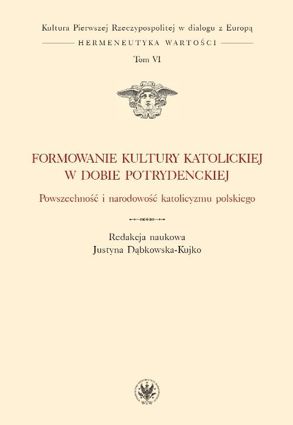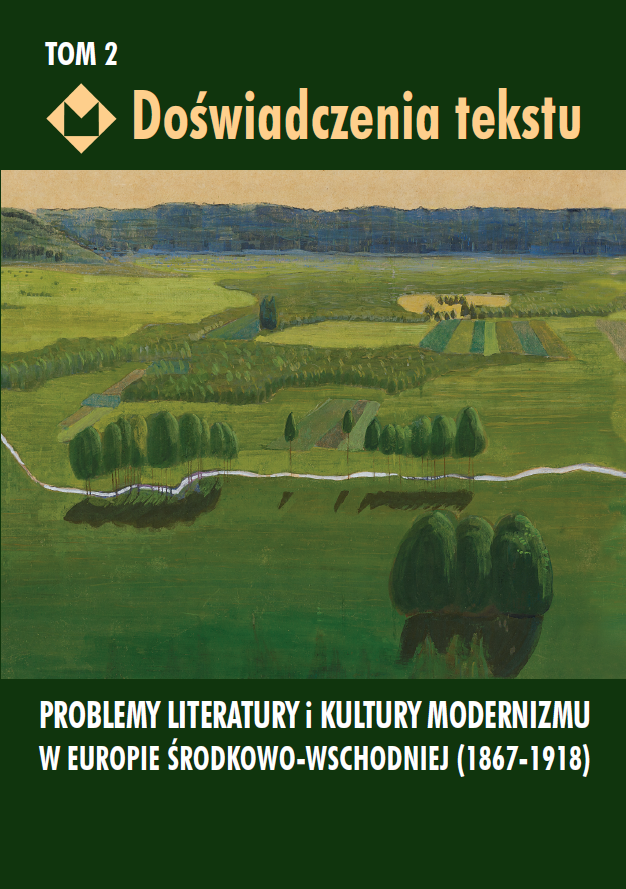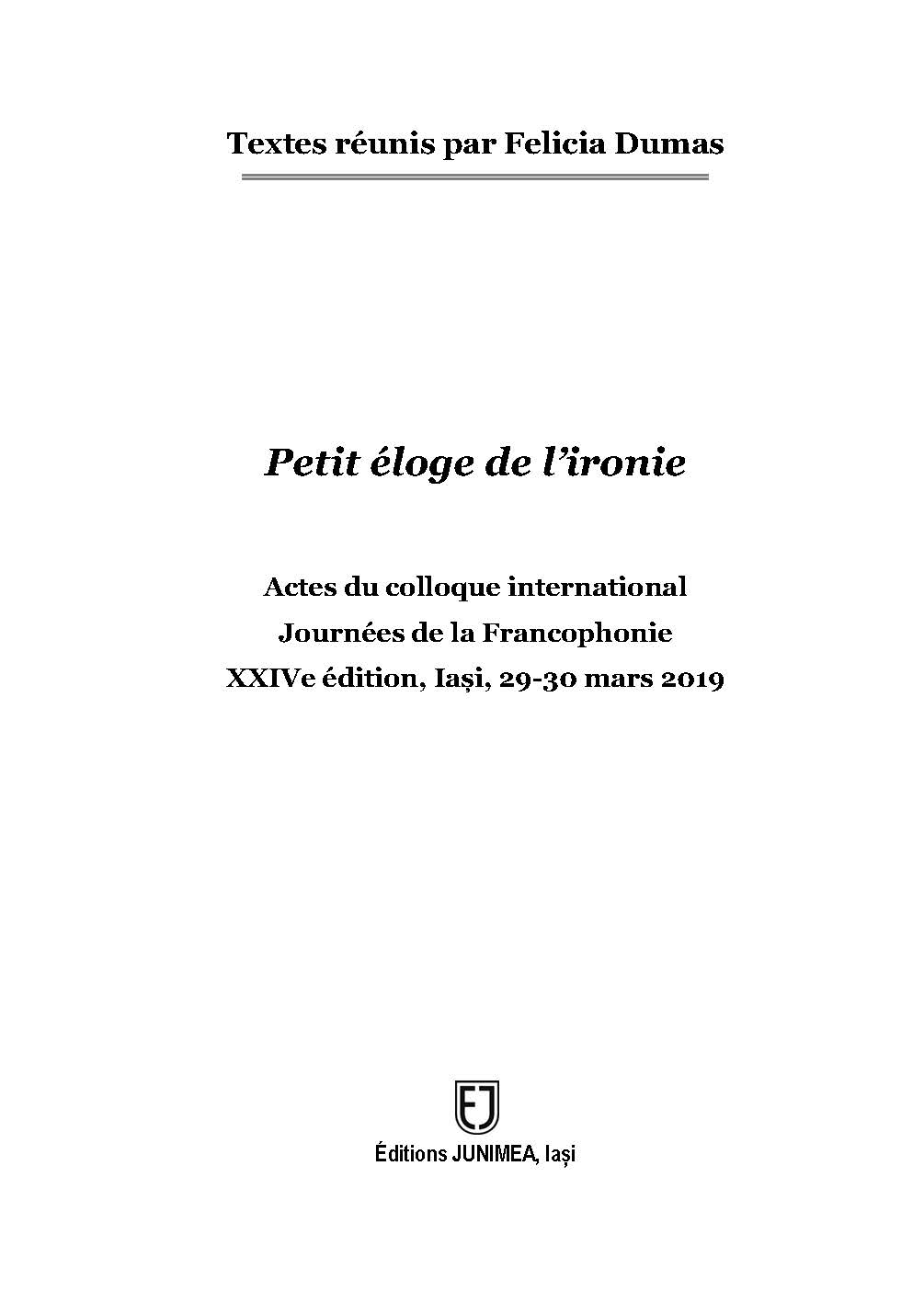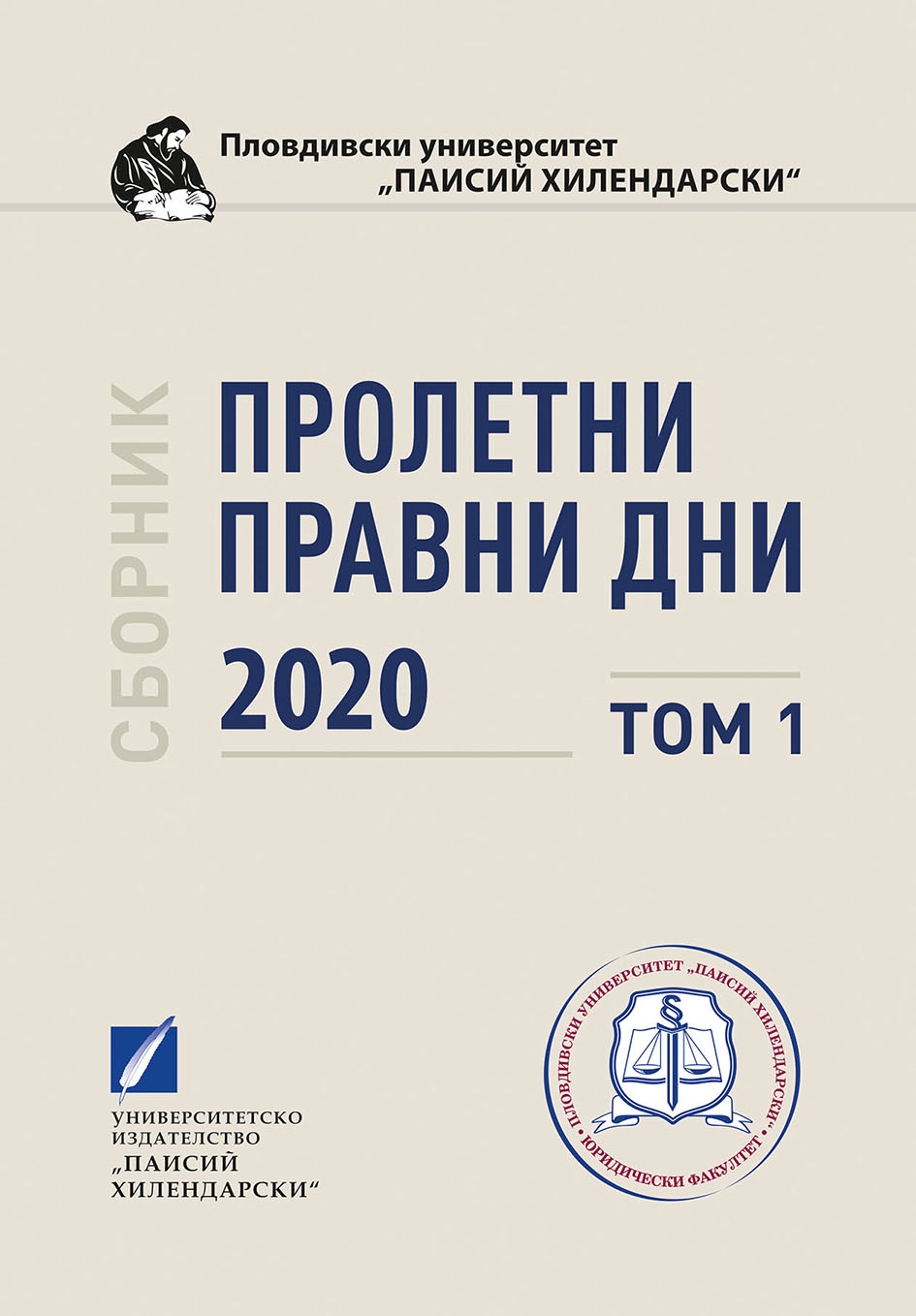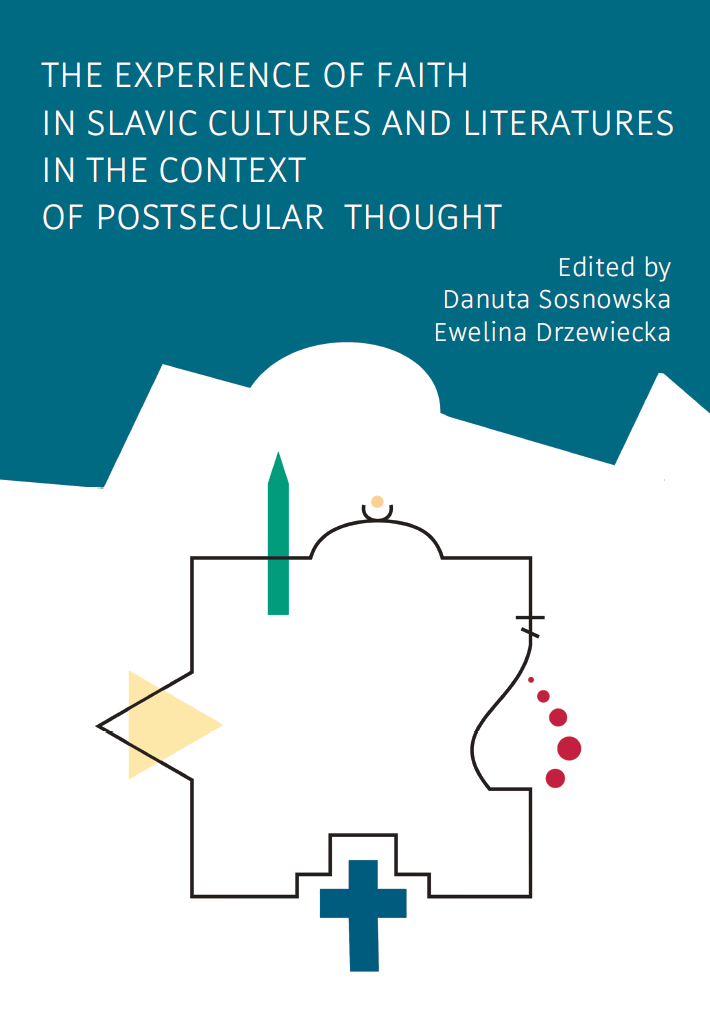
Postsecular or Post-Traditional? Slovakia between Tradition and Secularization
This article discusses today’s complex religious situation in Slovakia, pondering the adequacy of the concepts usually used in this context. The last three decades have shown that the Western concepts of secularization, desecularization and/or post-secularism do not completely fit the Slovak religious reality that obviously goes beyond the Western conceptual horizon. While the countries in Western Europe are undergoing a postsecular turn, this does not seem to be the case in Slovakia, which has instead seen a very dynamic post-traditional turn characterized not only by belonging to a church and attending its services, but also by an openness to new spiritual possibilities outside the institutional ecclesiastical milieu. In the conditions of a modern society, post-traditional Christianity in Slovakia is experiencing transformations and adaptations of traditional religious forms. The case of Slovakia suggests that the contemporary academic study of religion has to learn how to ask correct, up-to-date questions on religion and non-religion to get the big picture and the details of the dynamics of the actual religious landscape in Slovakia.
More...
